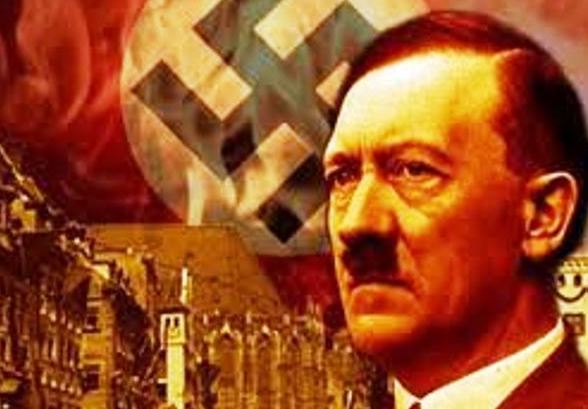The Causes of the French Revolution
According to Stephen Walt, a Professor at Harvard University, the main cause of the French Revolution was the French fiscal collapse, which was due France’s financial and military support to the war of the American Independence against the British (1775-1783). See “Revolution and War”, chapter “The French Revolution”.
The American colonies believed that it was unconstitutional to pay taxes to Britain, and in 1778 the Americans signed an alliance with the French King Luis XVI, according to which France would offer financial and military aid to the American rebels, in order to hurt her great enemy i.e. Enlgand, and to take revenge for her defeat in 1764 (Seven Years War).
The British were finally tired by the American War of Independence, and the British Parliament voted for abandoning military operations in America in 1782.
The French support to the American Revolution economically exhausted France, and the French King had to increase taxes, something that exhausted the French people and led to the French Revolution of 1789.
Napoleon the Great, an army officer, was one of the heroes of the French Revolution, and he became the new dictator of France. Napoleon the Great was for the 18th Century what Hitler was for the 19th Century. Like Hitler, Napoleon almost conquered all Europe.
Image 1

http://www.beyond.fr/picssite/bonaparte-st-bernard01b.jpg
On June 24th 1812 Napoleon started his campaign to Russia. On June 22nd 1941 Hitler started his campaign to Russia. Both dictators were hoping to conquer Russia before the Russian winter, and that’s why the started their campaigns on June, but both were defeated by the Russians.
Image 2

http://www.mixanitouxronou.gr/wp-content/uploads/2014/01/images8.jpg
In both cases the Russians initially allied with the dictators against the British, but in the end they changed sides and allied with the British against the dictators.
In the first case, Tsar Alexander signed with Napoleon the Treaties of Tilsit in 1807. However Napoleon did not allow the Russians to import goods from England, and England was the great industrial and economic power of the time. The Russians were at some point tired from Napoleon’s restrictions and they broke the alliance with France by starting again to import goods from England, and Napoleon invaded Russia in 1812.
In the second case the Russian Communists allied themselves with the Nazis and Hitler in 1939 (“Molotov–Ribbentrop Pact”). But the oil that the Communists were shipping to the Nazis was not enough for Hitler’s army. Therefore Hitler broke the alliance with the Communists in 1941, and invaded Russia, in order to get hold of the oil of Azerbaijan, which at the time was a communist colony.
Articles
“Treaty of Alliance (1778)”
https://en.wikipedia.org/wiki/Treaty_of_Alliance_(1778)
“Seven Years' War”
https://en.wikipedia.org/wiki/Seven_Years%27_War
“American Revolutionary War”
https://en.wikipedia.org/wiki/American_Revolutionary_War
“Treaties of Tilsit”
https://en.wikipedia.org/wiki/Treaties_of_Tilsit
“Molotov–Ribbentrop Pact”
https://en.wikipedia.org/wiki/Molotov%E2%80%93Ribbentrop_Pact





